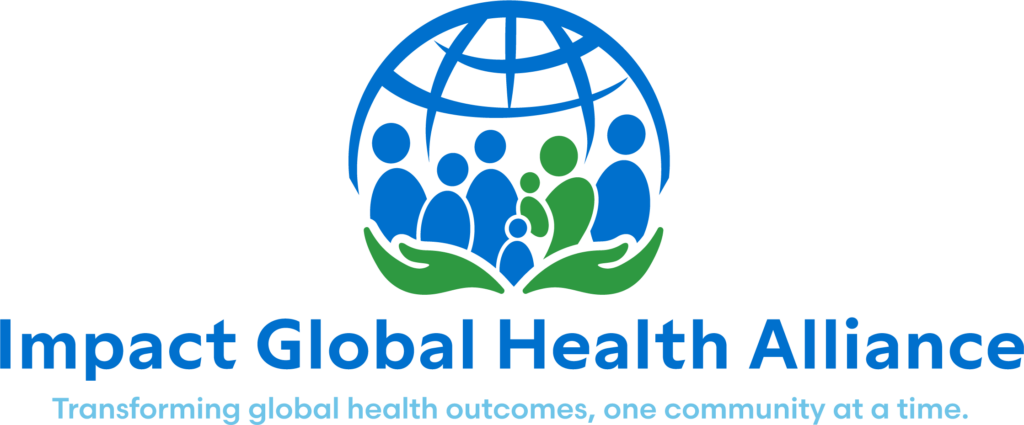Successful transition to phase in 2 Guatemala
This past year has been a busy one at Impact Global Health Alliance Global. We’re especially proud of our Child Survival program in Guatemala. This program began in 2002 with the goal of improving the health of children and women living in the isolated indigenous communities in the department of Huehuetenango. Over the years the program has been supported by USAID, Ronald McDonald House Charities, the Weyerhaeuser Foundation, and gifts from small foundations and individuals.
This past year, working with local partner Impact Global Health Alliance Guatemala, we successfully transitioned into phase two of the USAID funded Child Survival and Health Grants Program, spreading our impact even further. What exactly does this mean?
We doubled our impact through ‘Child Survival’
In 2014 we added an additional 89 communities to our program, and meaning now provide health services and education to 180 communities across the three municipalities of San Sebastian Coatán, San Miquel Acatán, and Santa Eulalia. These communities are predominately of Indigenous Mayan ethnicity. Due to both language and geographical barriers, these communities have had very limited access to health services in the past.
 |
We made happier birthdays
Our researchers found that in these areas, 80% of child deaths occurred within the first year of life. These deaths are primarily due to preventable and treatable causes such as pneumonia, birth asphyxia, and diarrhea. By targeting these problems we’ve halved child deaths from pneumonia and diarrhea and effectively reduced child mortality by 37%. Through community education efforts we’ve nearly doubled the percentage of women giving birth in health facilities. We helped to decrease maternal mortality rates by 63% and eliminate maternal deaths from infection and eclampsia. Nearly half of the 594 births that were attended by health professionals in 2014. The births occurred in one of our Casa Maternas, strategically located maternity clinics that provide 24/7 care before, during, and after pregnancy in the local language and tradition.
 |
We made some bubbles
Hand washing may seem trivial to some, but to our communities it can mean the difference between life and death. Thanks to our education efforts, the percentage of mothers who know how to properly diaper and dispose of infant feces has increased from 43% to 62%. Over a third of local households now have hand washing stations, up from just 2% before we began! Proper hygiene and hand washing is vital to preventing the spread of communicable diseases. Subsequently, preventing childhood deaths from diarrhea, pneumonia, and related malnutrition.
 |
We spread the word and empowered others
To achieve sustainable, long-lasting and effective programs, we always work with our on-the-ground partner organizations. These organizations are staffed and directed by locals, to increase their capacity and knowledge to serve their communities. To this effect, our Guatemala program trained 16 Health Educators, who trained 84 Community Facilitators, who then trained 259 Care Group Volunteers in 2014. These community groups are integral in empowering local women to participate in family health decisions. For instance, 96% of women in the communities had contact with a volunteer-led self-help group. Additionally, 48% of mothers reported participating in a community meeting in the past month. Overall, women’s participation in health-related decision making in these communities has increased from 68% to 86%, resulting in happier and healthier women and children.
Want to find out more about the amazing work that Impact Global Health Alliance Global does to serve Guatemala and other communities worldwide? please read more here on our website, Facebook page, YouTube, and join us in our effort to save lives of women and children in forgotten communities around the world by fostering sustainable health services, Take action Now.
Read our full Project Year 3 Report here.
Author: Britnae Purdy, MA, Impact Global Health Alliance Global Intern




